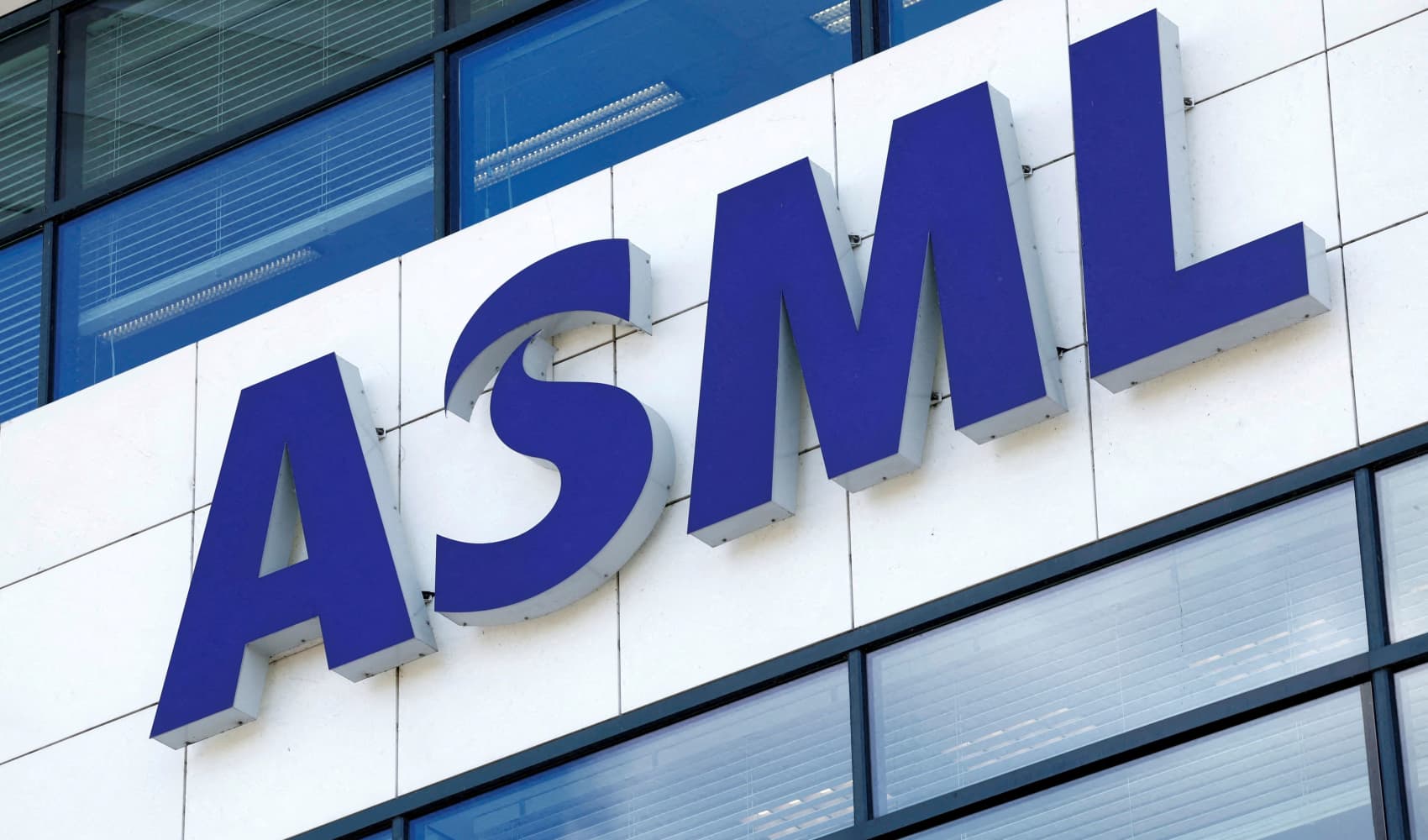
- Robinhood, set to debut public trading today, priced its shares at $38.
- The online brokerage reserved 20% to 35% of its initial public offering shares.
- Retail investors should approach any IPO cautiously, experts say.
In one of the most anticipated initial public offerings this year, Robinhood shares started trading on Thursday.
However, the buzz around the online trading platform's debut as a public company doesn't mean investors should forego expert advice: Proceed with caution when it comes to IPOs.
"There's the potential for a lot of volatility with an IPO as the market sorts out what the real value of the company is," said certified financial planner Douglas Boneparth, president of Bone Fide Wealth in New York.
Get New England news, weather forecasts and entertainment stories to your inbox. Sign up for NECN newsletters.
More from Personal Finance:
Consumer losses top $500 million due to Covid-related fraud
What to know before adding cryptocurrency to your portfolio
These summer activities can impact next year's tax situation
Robinhood priced its shares at $38, which was at the low end of its target range.
Its IPO is different from most in that it reserved 20% to 35% of its shares for its customers. The move is part of Robinhood's push to give retail investors better access to IPOs, which are usually reserved for wealthier brokerage clients and institutional investors (i.e., mutual funds, hedge funds, endowments, etc.)
Money Report
IPOs essentially involve private companies becoming publicly traded ones.
That is, company shares are sold to the public and then can be bought and sold on public exchanges, such as the Nasdaq — where Robinhood will trade under the ticker symbol "HOOD" — or the New York Stock Exchange.

So far this year, there have been 261 new listings, eclipsing the 218 IPOs in 2020, according to Renaissance Capital. This year marks the busiest one for IPOs since 2014, when there were 275.
Typically, smaller investors must wait until shares start trading on an exchange. And at that point, they might be paying more than those who got in early. The average first-day return for IPOs last year was 41.6%, according to data from IPO expert Jay Ritter, a finance professor at the University of Florida.
Nevertheless, whether it's Robinhood or another newly public company, there are some things to know before buying shares.
For starters, even if you are able to request shares early, as was the case in the Robinhood IPO, it doesn't mean you'll receive the amount you want. Generally, the more demand there is for any given IPO, the harder it is to snag shares of your own.
Conversely, if there is lukewarm interest, you're more likely to get shares. Some IPOs are already easier to access — at least for wealthier retail investors — because there is less demand from institutions. That includes real estate investment trusts and business development companies, as well as a special purpose acquisition company, Ritter said.
You also need to do your due diligence.
That includes checking out the company's S-1 filing with the Securities and Exchange Commission to scrutinize the balance sheet and find out the potential risks of investing in the stock. SEC Form S-1 is the initial registration form for new securities required by the agency for public companies based in the U.S.
Also, while many IPOs come out of the gate strong, that's not always the case. And, it doesn't mean the price will keep going up.
"There's very little predictability about long-term returns based on the first day," Ritter said.
Of course, if a stock falls in its trading debut or soon after, it doesn't mean it won't go back up again. But you could be waiting a while.
For example, Facebook — which now trades around $353 — debuted in May 2012 at $38 share. By September of that year, it had dropped below $18. It took another year for it to climb back up to its initial offering price.
Robinhood is a five-time CNBC Disruptor 50 company and topped this year's list. Sign up for our weekly, original newsletter that offers a closer look at CNBC Disruptor 50 companies like Robinhood, before they go public.






